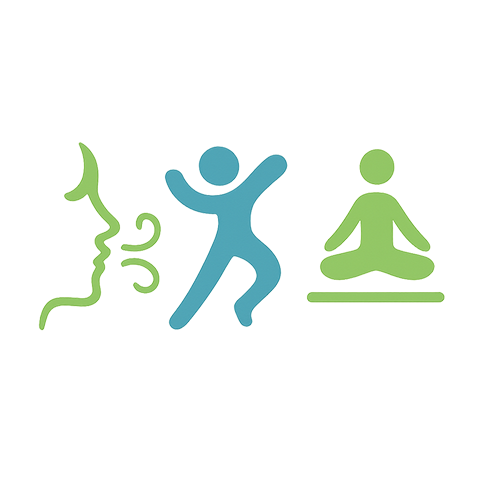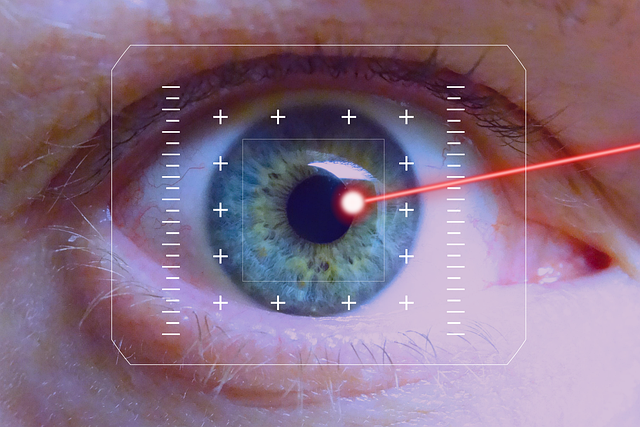Revolutionizing Mobility: Fitness, Training, and Health Strategies for Correcting Pathological Deviations
In today’s fast-paced world, maintaining an active lifestyle is essential not only for overall fitness but also for correcting pathological deviations that can affect mobility. Many of us experience various physical limitations, such as poor posture, muscle imbalances, and joint pain. Understanding these issues is the first step toward achieving a better quality of life. Through a combination of fitness, training, and health strategies, we can significantly enhance our capabilities and correct these deviations.
Understanding the Impact of Pathological Deviations
Pathological deviations can manifest themselves in numerous ways, from slight discomfort to debilitating pain. They often arise from prolonged sedentary behavior, poor ergonomics, or lack of awareness about our body mechanics. This distortion can lead not only to injuries but also to decreased physical performance. Recognizing how these deviations affect mobility is crucial in addressing them effectively.
Fitness: The Foundation for Correction
Fitness plays a pivotal role in correcting pathological deviations. Engaging in regular physical activity helps to strengthen muscles, improve flexibility, and enhance overall coordination. By focusing on types of exercises, such as strength training, yoga, or Pilates, we can target specific muscle groups that require attention. For instance, implementing core strengthening exercises can alleviate back pain and improve posture, significantly impacting mobility.
Training: Personalized Approaches for Improvement
When it comes to the correction of pathological deviations, personalized training is key. Everyone’s body is different, and what works for one individual may not work for another. Working with a trained professional can ensure that exercises are tailored to address specific issues. Whether through functional training, corrective exercises, or targeted rehabilitation programs, a well-structured training regimen is crucial in restoring balance and function to the body. This personalized focus empowers individuals to take charge of their mobility journey.
Health: Nutrition and Recovery
While fitness and training are vital, we must not overlook the importance of health in correcting deviations. Proper nutrition fuels the body, providing the necessary energy for optimal performance. Incorporating anti-inflammatory foods can greatly aid recovery and support joint health. Additionally, ensuring adequate hydration and sleep can enhance muscle recovery and overall well-being. Together, these health strategies foster a resilient body capable of overcoming physical challenges.
Activity: Making Movement Part of Everyday Life
Incorporating activity into daily routines is essential for sustaining long-term improvements in mobility. Simple changes, such as taking the stairs instead of the elevator or going for a walk during lunch breaks, can add up significantly. Finding enjoyable activities—be it dancing, swimming, or hiking—can make exercise less of a chore and more of a lifestyle. Staying active not only helps in correcting pathological deviations but also promotes mental clarity and emotional well-being.
In a world where mobility issues are becoming increasingly common, it is essential to address these challenges proactively. By embracing fitness, tailored training, healthy habits, and an active lifestyle, we can revolutionize the way we move. It’s time to take the necessary steps toward correcting pathological deviations for a more fulfilling life!




